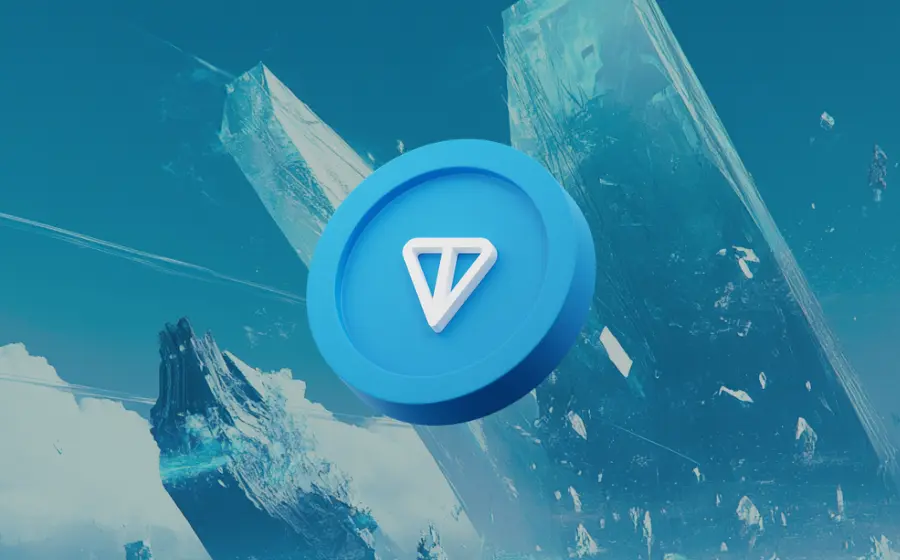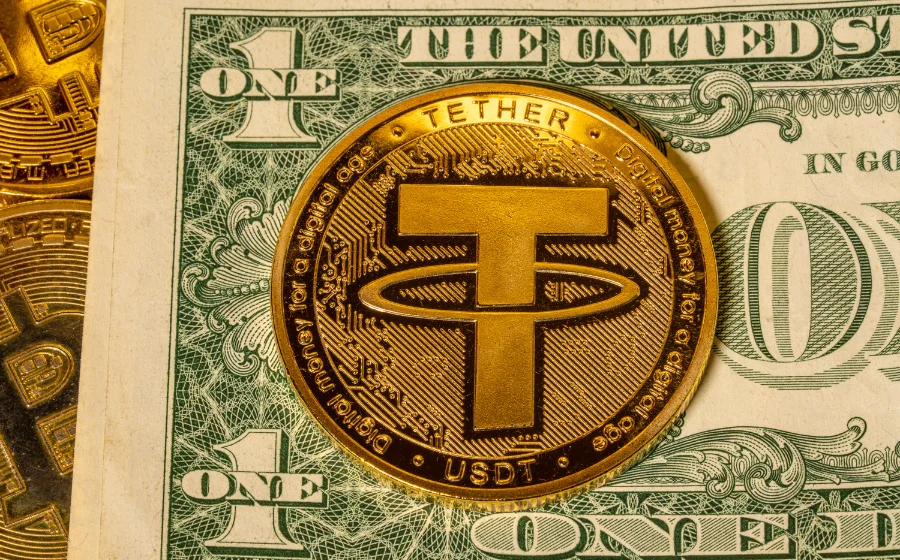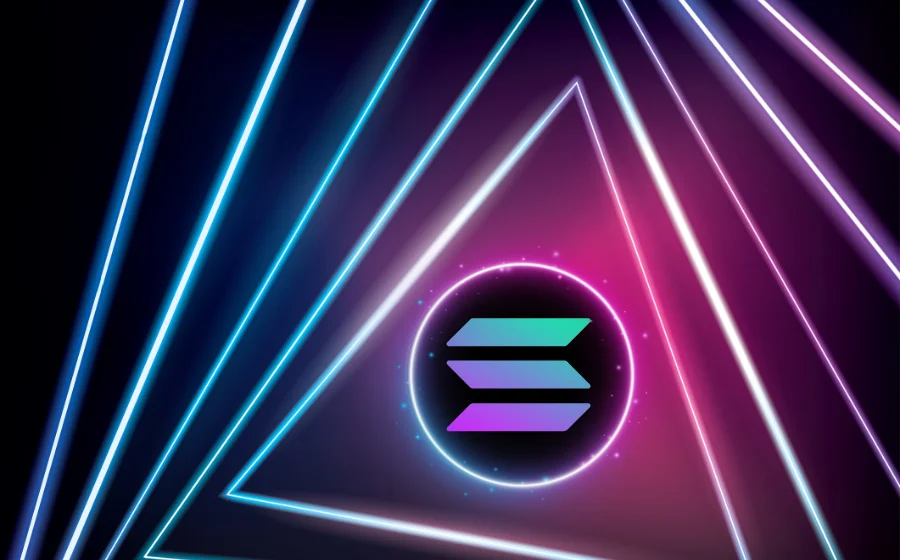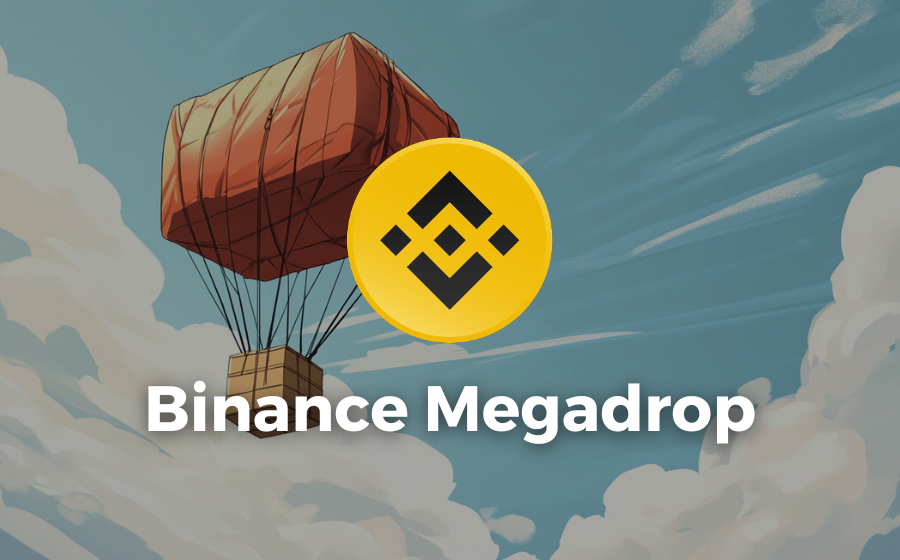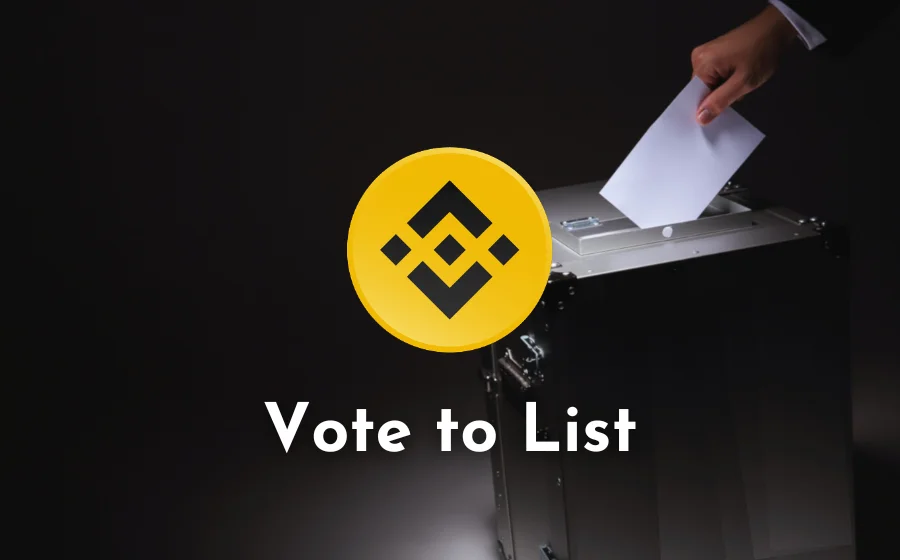
KEYTAKEAWAYS
- Oracles bridge the gap between blockchain and real-world data, enabling DApps and smart contracts to interact with external information securely and efficiently.
- Key oracle types include hardware, software, centralized, and decentralized models, each designed for specific use cases in blockchain ecosystems.
- Leading projects like Chainlink and Pyth Network showcase innovative solutions, enhancing blockchain applications with reliable, real-time data.

CONTENT
Oracles bridge blockchain and real-world data, enabling smart contracts to access external information like prices or weather, enhancing Web3 functionality with applications like DeFi and insurance.
WHAT IS ORACLE?
The blockchain is a self-contained, native network that cannot directly access off-chain data.
However, in many cases, blockchain applications need to interact with real-world information, such as token prices, current temperatures, or the cost of an apple. This is where oracles come into play.
An oracle is a tool or service that bridges the gap between the blockchain and the real world, delivering off-chain data to blockchain networks.
By leveraging oracles, decentralized applications (DApps) and smart contracts can access external information, enhancing the real-world utility of blockchain technology.
-
Key Functions of Oracles
- Enhancing Cryptocurrency Investments
Oracles provide real-time cryptocurrency price tracking and transmit this data to smart contracts. This enables automated investment strategies, helping investors optimize their portfolios and stay up-to-date with market trends.
- Integrating Real-World Events with Blockchain
Oracles enable seamless interaction between blockchain and the physical world. For instance, if you and a friend place a bet on an NBA game via a smart contract, oracles can play a critical role:
➤ Both parties agree on the terms and lock funds in the smart contract.
➤ After the game ends, the oracle delivers the result to the smart contract.
➤ The smart contract then automatically transfers the funds to the winner.
- Supporting Derivatives and Insurance Management
Oracles are widely used in risk management applications.
For example, farmers can leverage oracles to manage agricultural derivatives, protecting their crops from extreme weather conditions.
If specific weather criteria are met, the smart contract triggers automatic insurance payouts, ensuring the farmers’ financial security.
By connecting the blockchain with the real world, oracles overcome the limitations of isolated blockchain systems, unlocking innovative applications and bridging the gap between technology and reality.
>>> More to read: What is a Smart Contract?
THE IMPORTANCE OF BLOCKCHAIN ORACLES
Oracles play a crucial role in the decentralized Web3 ecosystem, characterized by decentralization and digitalization.
Acting as specialized entities, oracles connect blockchain platforms with external data sources, enabling smart contracts to execute based on real-world information.
They often function as Decentralized Oracle Networks (DONs), allowing Web3.0 applications to seamlessly access data intersections, traditional channels, and advanced computational resources.
This empowers developers to build hybrid smart contracts that combine on-chain code with off-chain infrastructure, fostering innovation in decentralized applications.
On-chain data resides within the blockchain network, while off-chain data originates from external systems.
Oracles bridge this gap, significantly expanding the capabilities of smart contracts. Without oracles, the functionality of smart contracts would be severely limited.
Beyond serving as a bridge between the blockchain and the external world, oracles also act as critical infrastructure for improving core network efficiency.
Before delivering data to the requester, they perform essential tasks such as querying, verifying, and authenticating data to ensure its accuracy and reliability.
Some advanced oracle solutions can efficiently transmit data to smart contracts while keeping it synchronized with external sources.
In conclusion, oracles are the cornerstone of smart contract functionality.
They not only expand the scope of blockchain applications but also accelerate the integration of blockchain technology with the real world, making the Web3 ecosystem more comprehensive and unlocking endless possibilities for future innovation.
>>> More to read: What Is Web3: The Next Evolution of The Internet
TYPES OF ORACLES
Oracles come in various forms to enable interactions between blockchains and external data sources.
Each type of oracle is designed to meet specific needs, providing tailored solutions for different use cases. Here are the main types of oracles:
1. Hardware Oracles and Software Oracles
- Hardware Oracles: These oracles deliver physical data from the real world.
For example, in supply chain management, an RFID-tagged item reaching a specific warehouse can trigger a hardware oracle to send data to a smart contract for logistics tracking.
- Software Oracles: These oracles fetch data from digital sources like websites, servers, or databases.
They are currently the most powerful type of oracle, commonly used for retrieving financial market prices, weather conditions, and other external digital information.
2. Input Oracles and Output Oracles
- Input Oracles: These oracles transmit external data into the blockchain.
For instance, when an asset reaches a specific price, an input oracle can trigger a smart contract to execute a buy order.
- Output Oracles: These oracles send blockchain data to the outside world.
For example, upon completing a transaction on-chain, an output oracle can notify an external system to perform a corresponding action, such as sending an email alert.
3. Centralized Oracles and Decentralized Oracles
- Centralized Oracles: These are managed by a single entity and act as the sole data provider for a smart contract.
While centralized oracles are efficient and straightforward, they pose risks as the reliability of the data depends entirely on the managing entity, making them vulnerable to attacks or data manipulation.
- Decentralized Oracles: These oracles collect data from multiple sources, eliminating reliance on a single entity and enhancing reliability and security.
Decentralized Oracle Networks (DONs), like Chainlink, are widely used for providing trustless and robust data to smart contracts.
4. Human Oracles
Experts in specific fields can also act as oracles by collecting and verifying data from various sources and inputting it into smart contracts.
Cryptographic techniques can validate their identity, reducing the risk of fraud. However, human oracles still have centralization risks as they rely on individual data sources.
>>> More to read: What Is Web3: The Next Evolution of The Internet
ORACLE PROJECTS INTRODUCTION
Oracles serve as the bridge between blockchains and the real world, enabling smart contracts to perform diverse and complex functions.
Among the many oracle platforms available, some stand out for their technical innovation and market impact. Below are two leading oracle projects:
1. Chainlink
Chainlink is the largest decentralized oracle platform, with the primary goal of building a trusted network of decentralized oracle nodes.
It provides reliable data sources for clients and node operators, ensuring data integrity and security.
Chainlink is highly compatible with multiple blockchain networks, including Ethereum, Bitcoin, and Hyperledger.
Its modular design allows every component of the Chainlink system to be upgraded, making it adaptable to future technological advancements.
As an industry leader, Chainlink’s decentralization and reliability make it the top choice for many blockchain applications requiring oracle solutions.
>>> Learn more: Chainlink (LINK): Revolutionizing Smart Contracts
2. Pyth Network
Pyth Network is a decentralized oracle platform tailored for the Solana blockchain, often referred to as the “Chainlink of Solana.”
It specializes in providing mission-critical price data with high security and low latency, supporting various asset classes such as cryptocurrencies, forex, commodities, and equities.
Currently, Pyth Network aggregates data from over 350 sources, including renowned exchanges and institutions like Cboe Global Markets, Jane Street, CMS, Binance, OKX, and Two Sigma.
This extensive network ensures the platform delivers accurate and real-time data, meeting the demands of high-frequency trading and decentralized applications.
>>> Learn more: Pyth Network (PYTH): The Next-Gen Oracle for DeFi

